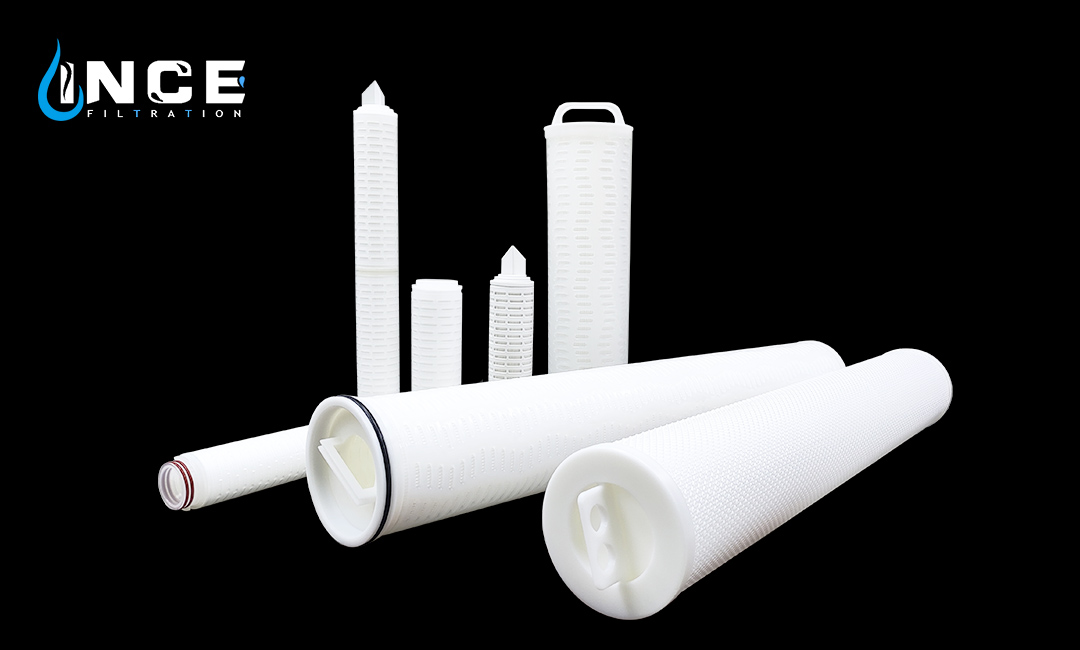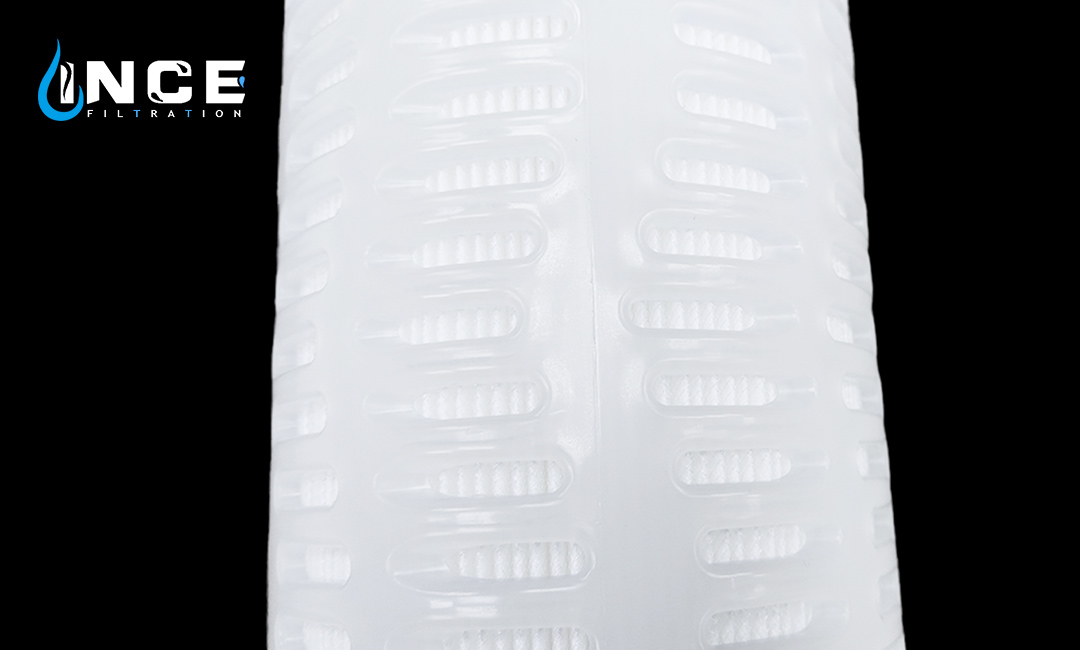High Flow vs. Standard Pool Filters: Which One Is Right for You?
Pros and Cons of High Flow Pool Filters
When it comes to maintaining a clean and healthy swimming pool, choosing the right pool filter is essential. Two common types of pool filters are high flow filters and standard filters. Each type has its own set of pros and cons, which should be carefully considered before making a decision. In this article, we will explore the pros and cons of high flow pool filters to help you determine if this type of filter is the right choice for your pool.
One of the main advantages of high flow pool filters is their ability to filter water at a faster rate than standard filters. This means that high flow filters can help keep your pool water clean and clear more efficiently, which is especially beneficial for pools that are used frequently or are located in areas with high levels of debris. Additionally, high flow filters typically require less maintenance than standard filters, as they are able to handle larger volumes of water without becoming clogged or overwhelmed.

Another advantage of high flow pool filters is their ability to improve water circulation in your pool. By filtering water at a faster rate, high flow filters can help prevent algae growth and other waterborne contaminants from building up in your pool. This can result in a cleaner and healthier swimming environment for you and your family to enjoy.
However, there are also some drawbacks to using high flow pool filters. One of the main disadvantages is the cost associated with these filters. High flow filters are typically more expensive than standard filters, both in terms of upfront cost and ongoing maintenance. Additionally, high flow filters may require a higher flow rate pump to operate effectively, which can add to the overall cost of using this type of filter.
Another potential downside of high flow pool filters is their energy consumption. Because high flow filters operate at a faster rate, they may require more energy to run than standard filters. This can result in higher utility bills and increased environmental impact. Additionally, high flow filters may not be suitable for all types of pools, particularly smaller pools or pools with limited space for equipment.
In conclusion, high flow pool filters offer several advantages, including faster filtration rates, improved water circulation, and reduced maintenance requirements. However, these filters also come with some drawbacks, such as higher costs and increased energy consumption. Before deciding on a high flow filter for your pool, it is important to carefully consider your pool’s specific needs and requirements. If you have a large pool that is used frequently and can accommodate the higher costs associated with high flow filters, this type of filter may be the right choice for you. However, if you have a smaller pool or are looking to minimize energy consumption and costs, a standard filter may be a more suitable option. Ultimately, the decision between high flow and standard pool filters will depend on your individual preferences and priorities.
Benefits of Standard Pool Filters
When it comes to maintaining a clean and healthy swimming pool, choosing the right pool filter is essential. There are two main types of pool filters to consider: high flow and standard filters. While high flow filters are known for their ability to handle larger volumes of water, standard filters have their own set of benefits that make them a popular choice among pool owners.
One of the key benefits of standard pool filters is their cost-effectiveness. Standard filters are typically more affordable than high flow filters, making them a budget-friendly option for pool owners looking to save money on maintenance costs. Additionally, standard filters are easy to install and require minimal maintenance, which can help reduce the overall cost of pool ownership.

Another advantage of standard pool filters is their versatility. Standard filters are available in a variety of sizes and configurations, making it easy to find the right filter for your specific pool size and type. Whether you have an above-ground pool or an in-ground pool, there is a standard filter that will meet your needs.
In addition to being cost-effective and versatile, standard pool filters are also known for their efficiency. Standard filters are designed to effectively remove dirt, debris, and other contaminants from the water, keeping your pool clean and safe for swimming. By using a standard filter, you can ensure that your pool water remains crystal clear and free of harmful bacteria.
Furthermore, standard pool filters are durable and long-lasting. With proper care and maintenance, a standard filter can last for several years, providing reliable filtration for your pool season after season. This durability makes standard filters a smart investment for pool owners who want a filter that will stand the test of time.
In conclusion, standard pool filters offer a range of benefits that make them a popular choice among pool owners. From their cost-effectiveness and versatility to their efficiency and durability, standard filters provide reliable filtration for clean and healthy pool water. If you are looking for a budget-friendly and reliable pool filter option, a standard filter may be the right choice for you.
Cost Comparison: High Flow vs. Standard Pool Filters
When it comes to maintaining a clean and healthy swimming pool, choosing the right pool filter is essential. There are two main types of pool filters to consider: high flow and standard filters. Each type has its own set of advantages and disadvantages, so it’s important to understand the differences between them before making a decision.
One of the main factors to consider when choosing a pool filter is the cost. High flow filters are typically more expensive than standard filters, but they also offer a number of benefits that may justify the higher price tag. High flow filters are designed to handle a larger volume of water, which means they can filter out more debris and contaminants in a shorter amount of time. This can help to keep your pool water cleaner and clearer, reducing the need for additional chemicals and maintenance.
On the other hand, standard filters are more affordable upfront, but they may not be as effective at filtering out debris and contaminants as high flow filters. Standard filters are designed to handle a smaller volume of water, which means they may need to run for longer periods of time to achieve the same level of filtration as a high flow filter. This can result in higher energy costs and more frequent filter replacements, which can add up over time.
In terms of maintenance costs, high flow filters may also be more expensive to maintain than standard filters. High flow filters typically require more frequent backwashing and cleaning to keep them operating efficiently, which can increase the amount of time and money you need to spend on pool maintenance. Standard filters, on the other hand, may require less frequent maintenance, which can help to reduce overall maintenance costs.
When considering the cost of a pool filter, it’s important to weigh the upfront cost against the long-term savings. While high flow filters may be more expensive initially, they can help to reduce the amount of time and money you need to spend on pool maintenance in the long run. Standard filters may be more affordable upfront, but they may end up costing you more in the long term due to higher energy costs and more frequent maintenance.
Ultimately, the decision between a high flow and standard pool filter will depend on your specific needs and budget. If you have a larger pool or live in an area with heavy debris or contaminants, a high flow filter may be worth the investment. However, if you have a smaller pool or are looking to save money on upfront costs, a standard filter may be a better option.
In conclusion, when it comes to choosing a pool filter, cost is an important factor to consider. High flow filters may be more expensive upfront and require more maintenance, but they can offer superior filtration and long-term savings. Standard filters may be more affordable initially, but they may not be as effective at filtering out debris and contaminants. Ultimately, the decision between a high flow and standard pool filter will depend on your specific needs and budget.
Factors to Consider When Choosing Between High Flow and Standard Pool Filters
When it comes to maintaining a clean and healthy swimming pool, choosing the right pool filter is essential. Two common types of pool filters are high flow and standard filters, each with its own set of advantages and disadvantages. Understanding the differences between these two types of filters can help you make an informed decision on which one is right for your pool.
One of the main factors to consider when choosing between high flow and standard pool filters is the size of your pool. High flow filters are designed to handle larger volumes of water, making them ideal for larger pools or pools with high flow rates. Standard filters, on the other hand, are better suited for smaller pools or pools with lower flow rates. If you have a large pool or a pool with a high flow rate, a high flow filter may be the better option for you.
Another factor to consider is the level of filtration you require. High flow filters are known for their superior filtration capabilities, removing smaller particles and debris from the water. This can result in cleaner and clearer pool water. Standard filters, while still effective at filtering out debris, may not be as efficient at removing smaller particles. If you are looking for the highest level of filtration for your pool, a high flow filter may be the better choice.
Cost is also an important factor to consider when choosing between high flow and standard pool filters. High flow filters tend to be more expensive than standard filters, both in terms of initial cost and ongoing maintenance. However, the superior filtration capabilities of high flow filters may result in lower overall maintenance costs in the long run. If you are willing to invest more upfront for a higher quality filter, a high flow filter may be worth the extra cost.
Maintenance requirements are another consideration when choosing between high flow and standard pool filters. High flow filters typically require more frequent cleaning and maintenance than standard filters due to their higher filtration capabilities. This may be a drawback for some pool owners who prefer a low-maintenance filtration system. Standard filters, while still requiring regular maintenance, may be easier to clean and maintain. If you are looking for a filter that is easy to maintain, a standard filter may be the better option for you.
Ultimately, the decision between high flow and standard pool filters will depend on your specific needs and preferences. If you have a large pool or require superior filtration capabilities, a high flow filter may be the best choice for you. However, if you have a smaller pool or prefer a lower-maintenance filtration system, a standard filter may be more suitable. Consider factors such as pool size, filtration needs, cost, and maintenance requirements when making your decision. By choosing the right pool filter for your pool, you can ensure clean and healthy water for swimming all season long.
